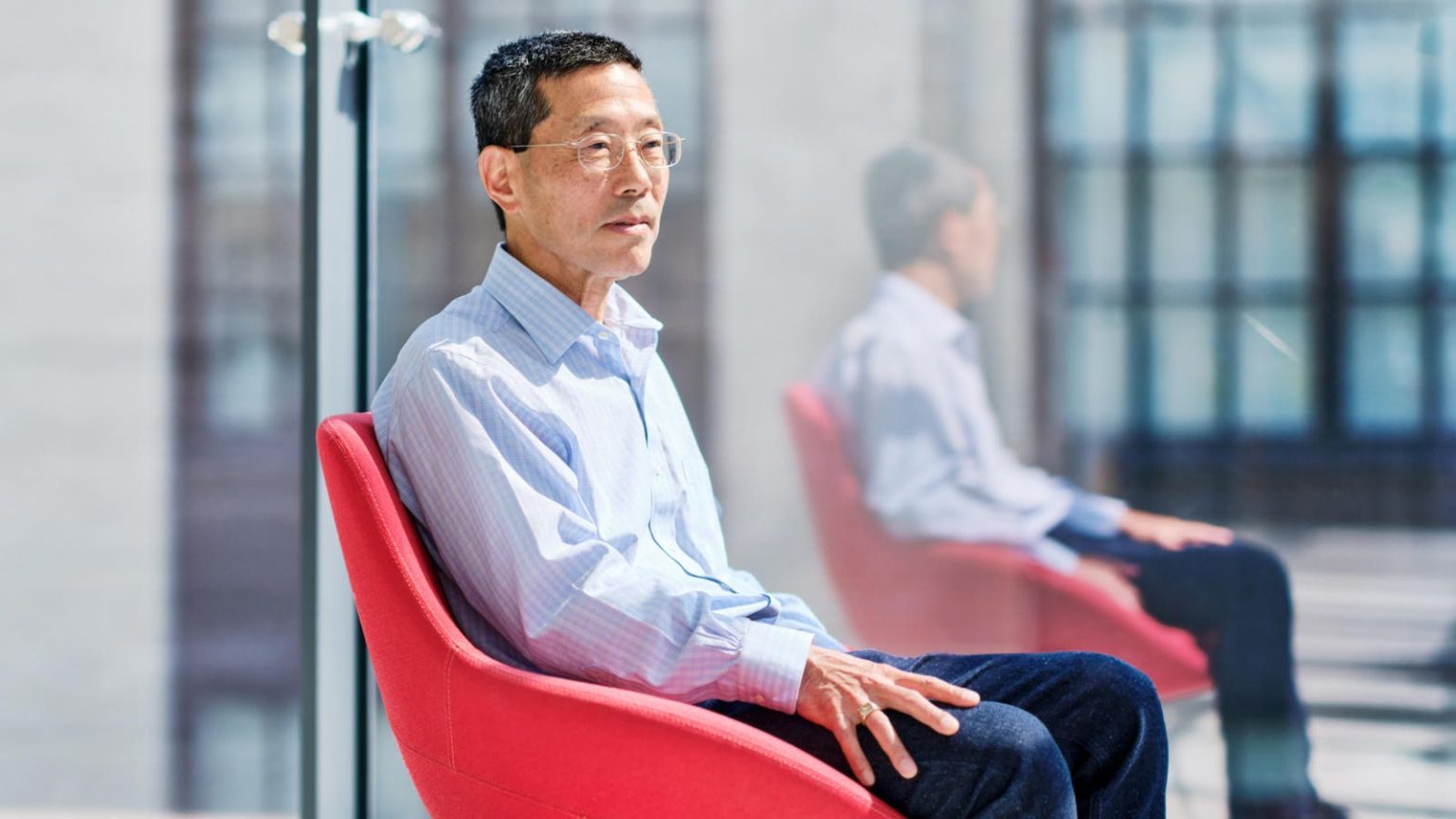MIT professor Yet-Ming Chiang has devoted his career to researching materials science with a focus on energy and sustainability. His realization of the impact of climate change while fishing in the New England waters in the 1990s sparked his passion for finding solutions to mitigate the climate crisis. Through his research lab, Chiang has co-founded 10 startups, with eight of them focusing on energy and sustainability. These startups, including Form Energy and Sublime Systems, have raised over $2.5 billion to develop green and low-carbon alternatives to replace current carbon-based technologies.
Chiang’s dedication to addressing the climate crisis has earned him a spot on Forbes’ inaugural Sustainability Leaders list. With 110 patents and more than 300 scientific articles in fields like battery technology and electrochemical production, Chiang has leveraged his research to launch companies that offer real-world applications. While he is not the CEO of these startups, he plays a significant role as the chief science officer at companies like Form Energy and Sublime Systems. By focusing on commercializing green technologies, Chiang aims to replace current carbon-based technologies with environmentally friendly alternatives.
Having immigrated from Taiwan at a young age, Chiang’s upbringing in New Jersey and Connecticut instilled in him a strong work ethic and determination. He obtained his doctorate in ceramics from MIT and joined the faculty, where he received tenure by age 32. Chiang’s research group, which typically consists of 25 members, focuses solely on climate-related projects. Over the years, Chiang has spearheaded multiple startups in various technology areas, aiming to decarbonize numerous gigatons of greenhouse gases per year.
Chiang’s first foray into startups came with American Superconductor in 1987, followed by four battery companies, including A123 Systems in 2001. While A123 Systems initially saw success, it eventually filed for bankruptcy in 2012 due to market challenges. Despite this setback, Chiang considers it a success as the technology developed there remains in use. With Sublime Systems, Chiang has transitioned to decarbonizing cement production, a significant source of greenhouse gas emissions. The company’s innovative electrochemical process offers a low-carbon alternative to traditional high-temperature kilns.
In addition to his work in batteries and cement, Chiang has recently launched three new climate companies focused on areas like lithium extraction and geologic hydrogen. These ventures aim to tackle the challenges of critical minerals mining, smelting, and industrial processes that contribute to environmental harm. Chiang’s approach to inventing solutions by starting with a problem and working backward has led to the development of groundbreaking technologies with the potential to revolutionize industries. As the push for decarbonization gains momentum, Chiang emphasizes the importance of reinventing technologies that have been around for decades to create a more sustainable future.
As Chiang continues to innovate and push boundaries in the field of materials science, his relentless pursuit of solutions to combat the climate crisis showcases his optimism and unwavering commitment to making a positive impact. With a keen focus on decarbonization and the development of green technologies, Chiang’s work offers hope for a more sustainable future for generations to come.


